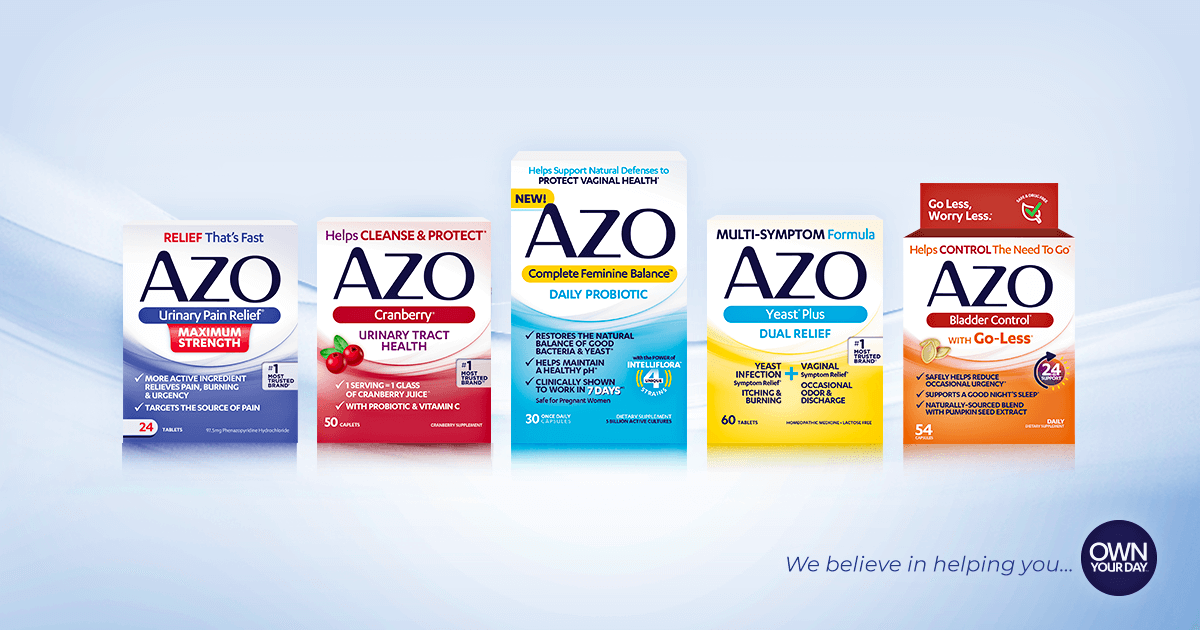Kidney Stone Relief: Can Azo Help? Find Out Now
Kidney stones, those tiny, hard mineral deposits, can cause excruciating pain. The sharp, stabbing sensation as they move through your urinary tract is something no one wants to experience. If you’re suffering from this condition, you’re likely searching for any and all relief options. You might be wondering about over-the-counter remedies, and one that often comes up is Azo. This article will delve into whether Azo can offer relief for kidney stone symptoms, what it does, and what you should know.
Understanding Kidney Stones and Their Symptoms
Before exploring Azo, it’s crucial to understand the underlying issue. Kidney stones form when minerals in your urine crystallize and clump together. These stones can range in size from tiny grains of sand to golf ball-sized masses.
Common symptoms of kidney stones include:
- Severe, sharp pain in the side, back, groin, or lower abdomen. This pain often comes in waves (renal colic).
- Painful urination (dysuria).
- Blood in the urine (hematuria).
- Nausea and vomiting.
- Frequent urge to urinate.
- Fever and chills (if an infection is present).
If you experience any of these symptoms, especially severe pain or fever, it’s essential to consult with a doctor immediately.
What is Azo?
Azo is a brand of over-the-counter medications primarily used to relieve the symptoms of urinary tract infections (UTIs). The active ingredient in most Azo products is phenazopyridine. Phenazopyridine is a urinary analgesic, meaning it works to relieve pain and discomfort in the urinary tract.
Can Azo Help with Kidney Stone Pain?
The short answer is: Azo can potentially help manage some of the symptoms associated with kidney stones, but it does not treat the underlying problem.
Here’s a breakdown:
- Pain Relief: Phenazopyridine can provide temporary relief from pain, burning, and urgency associated with kidney stones, particularly when passing a stone. It numbs the urinary tract.
- Other Symptoms: Azo can also help with other symptoms like frequent urination and the feeling of needing to urinate constantly.
- Does Not Address the Stone: Azo does not dissolve or help pass the kidney stone itself. It only addresses the symptoms.
- Important Note: If you suspect you have a kidney stone, it is essential to consult a doctor for proper diagnosis and treatment. Relying solely on Azo can mask symptoms, potentially delaying necessary medical intervention.
Other Important Considerations when using Azo
- Side Effects: Azo can cause side effects, including orange or red-tinged urine (this is normal), headaches, and stomach upset.
- Interactions: It’s important to check with your doctor or pharmacist about potential drug interactions, especially if you are taking other medications.
- Duration of Use: Azo is typically intended for short-term use (a few days) to manage symptoms while the underlying cause is being addressed.
- Dehydration: When passing a kidney stone, staying hydrated is crucial. Azo can help reduce the pain, but it can’t replace the need to drink plenty of fluids to help the stone pass.
Medical Treatments for Kidney Stones
While Azo can offer temporary relief, it is not a substitute for proper medical treatment. Depending on the size and location of the kidney stone, your doctor may recommend:
- Pain medication: Stronger pain relievers may be prescribed.
- Alpha-blockers: These medications can relax the muscles in the ureter, making it easier for the stone to pass.
- Medical Procedures: For larger stones, procedures like extracorporeal shock wave lithotripsy (ESWL), ureteroscopy, or percutaneous nephrolithotomy (PCNL) may be necessary.
- Prevention: Your doctor may recommend lifestyle changes, such as drinking more water and dietary adjustments, to prevent future kidney stones.
Conclusion: Azo and Kidney Stones
Azo can provide some comfort by temporarily alleviating pain and other symptoms associated with kidney stones, particularly during the stone’s passage. However, it is not a cure and does not address the underlying cause. It’s crucial to seek medical attention if you suspect you have a kidney stone. A doctor can diagnose the condition, determine the best course of treatment, and help you manage the pain safely and effectively. Always follow your doctor’s instructions regarding any medication, including Azo.
Frequently Asked Questions (FAQs)
1. Can I take Azo for kidney stones without seeing a doctor?
While Azo is available over-the-counter, it’s best to consult a doctor if you suspect you have a kidney stone. They can accurately diagnose the problem and recommend the appropriate treatment plan. Relying solely on Azo can delay proper care.
2. How long can I take Azo for kidney stone pain?
Azo is generally intended for short-term use, typically a few days. It’s crucial to follow your doctor’s instructions, as prolonged use can mask underlying problems.
3. Does Azo help dissolve kidney stones?
No, Azo does not dissolve kidney stones. It works by numbing the urinary tract to relieve pain and discomfort.
4. Can Azo treat a UTI caused by a kidney stone?
Azo itself does not treat a UTI. If a kidney stone causes a UTI, the UTI will need to be treated with antibiotics prescribed by a doctor. Azo only addresses the symptoms.
5. Are there any natural remedies that can help pass a kidney stone?
Some people find that drinking plenty of water, lemon juice, and herbal teas, such as dandelion root, can help. However, always consult your doctor before trying any natural remedies, as they may not be suitable for everyone.




